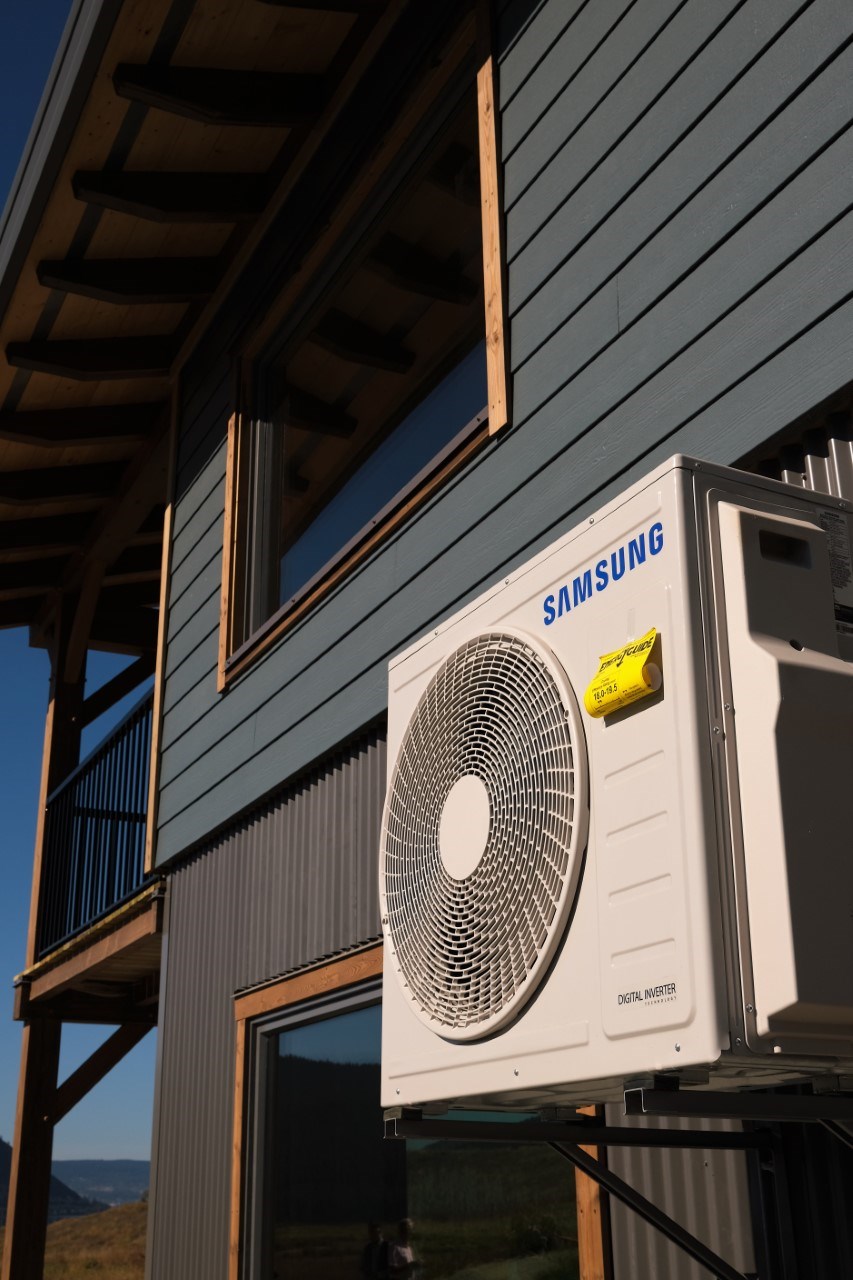Heat pumps are not only good for the environment but good for a household's bottom line, even if that home is located in colder climes of Prince George, according to a recently-released study conducted on behalf of Natural Resources Canada.
It provides a cost comparison between the technology, as powered by electricity, and three more traditional sources of home heating for 16 communities across Canada.
Prince George is among them, and for this city, the authors found that that relying on a heat pump to warm a larger two-storey home constructed after 1980 would cost a household $2,356 less per year than if it depended on oil and $1,859 compared to electric resistance. As for natural gas, the difference is $154 to the better for heat pumps.
What's more, the numbers are based on prices that reigned in 2020 and the authors predict the price of natural gas will only continue to rise - and the appeal of heat pumps with it.
By 2022, the price of natural gas was expected to increase 10 per cent to $11.52 per gigajoule and translate into a further $83 per year in savings for heat pumps. As it stands, the current price $12.78 per gigajoule plus a charge of 42.16 cents per day, according to the FortisBC website and, according to its most recent outlook, Canada Energy Regulator sees the price striking $14.99 by 2023.
If that holds true, the savings from going all electric would be four-times higher than estimated for an additional $300 per year, co-author Jeremy Sager said in an email. "CER also predicts lower electricity costs than we used, which would further improve savings from going all electric," Sager added.
Heat pumps, which rely on the same vapour compression technology found in refrigerators and air conditioners to move heat from outdoors to indoors, can achieve much higher levels of efficiency than conventional furnaces, boilers and electric baseboards.
That they kick out fewer tonnes of greenhouse gases, there is no doubt. In Prince George, the annual reduction is four tonnes when stacked against natural gas, according to the study.
As to how well they perform in cold climates, the authors note that over the last decade, manufacturers have introduced two-stage and variable capacity technologies. "Colloquially known as cold-climate heat pumps, these innovations enable heat pumps to deliver efficient and dependable performance in cold Canadian winters," they say.
That said, the authors laid out a scenario for homeowners who remain unsure and would be interested in creating a hybrid system by governed by a "smart controller" that would switch between a heat pump and a gas furnace depending on which is cheaper. For Prince George, the savings would work out to $9 per year based on 2020 prices.
They also provided a scenario for a homeowner who wants to keep their gas range or decorative fireplace but switch to an all-electric furnace. Doing so would have cost them an additional $285 per year versus if they kept their gas furnace due to monthly fixed costs.
The study does not take into account cost of installing a new system in a home but both the federal and provincial government have been providing rebates and other incentives to convince homeowners to make the switch. In late November, the federal government announced an "oil to heat pump affordability grant" worth up to $5,000 for low- and middle-income homeowners.
Up to $9,000 in rebates are also available through the provincial government's CleanBC program, provided the system is installed by a certified contractor.
A BC Hydro video on how heat pumps work is posted at www.youtube.com/watch?v=iQaycSD5GWE and NRCan provides an online primer on the technology.
With files from The Canadian Press



